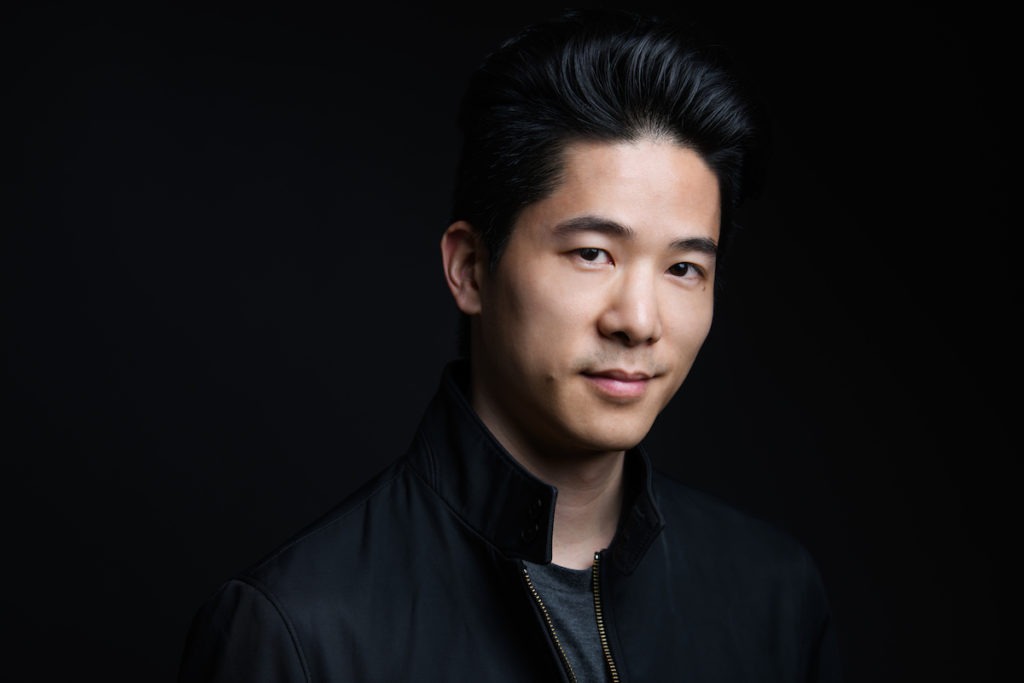
If you're a photographer, it's practically a certain fact in your career that someone has asked you to work for free or to give them images at no cost. While the reasons are myriad, the promise of exposure and publicity from a photo credit are almost guaranteed to follow as enticing benefits.
Whether it's giving away a photo to a magazine or flat out working for the honor of seeing your own name preceded by the magical words “PHOTO BY,” here are five signs you should stop shooting for free.
1) Your landlord won't accept photo credits in exchange for rent.
Last time I checked, you can't buy a sandwich for a photo credit, let alone pay rent and utilities. Photo credits are not legal tender, my friends.
2) You win every job you bid on.
Winning every job you pitch or bid on isn't necessarily a measure of success – it only means that it's time to raise your rates. Never is this more true than when you shoot for free.
3) Your colleagues stop talking to you.
Just last year, CNN laid off over 50 photo editors and photojournalists, citing that technology and crowd-sourcing content have reduced the need for staff. Chances are, if you're shooting for free, you're devaluing the work of photographers who do get paid. Please, don't be “that guy.”
4) You get upset when you notice your name spelled wrong in your photo credit.
Many publications might promise “full credit” or other intangible riches of promotion in exchange for free images. While it's always exciting to see one's own name, any website or magazine truly worth bragging about being published in should/will have an image budget.
5) Your charity “clients” never call you for that next big project with a real budget.
The only guarantee of shooting for free is continuing to shoot for free. Building history and relationships with clients are valuable pursuits, but there are often better alternatives than to give away one's work for an ever-elusive payday.
End Notes:
If you substitute the word “cheap” for every instance of “free” in this post, these the general idea of these points still holds true. Photographers, we're all in this together.
In case there were any confusion, here's an interview with famed writer Harlan Ellison on being asked to work for free that should be required watching for all creatives.
Exceptions:
Are there exceptions to shooting for free or giving away images? I would invite everyone to share their own opinions on these practices, or their own stories on transitioning from disposable assignments to work that is more fulfilling.








